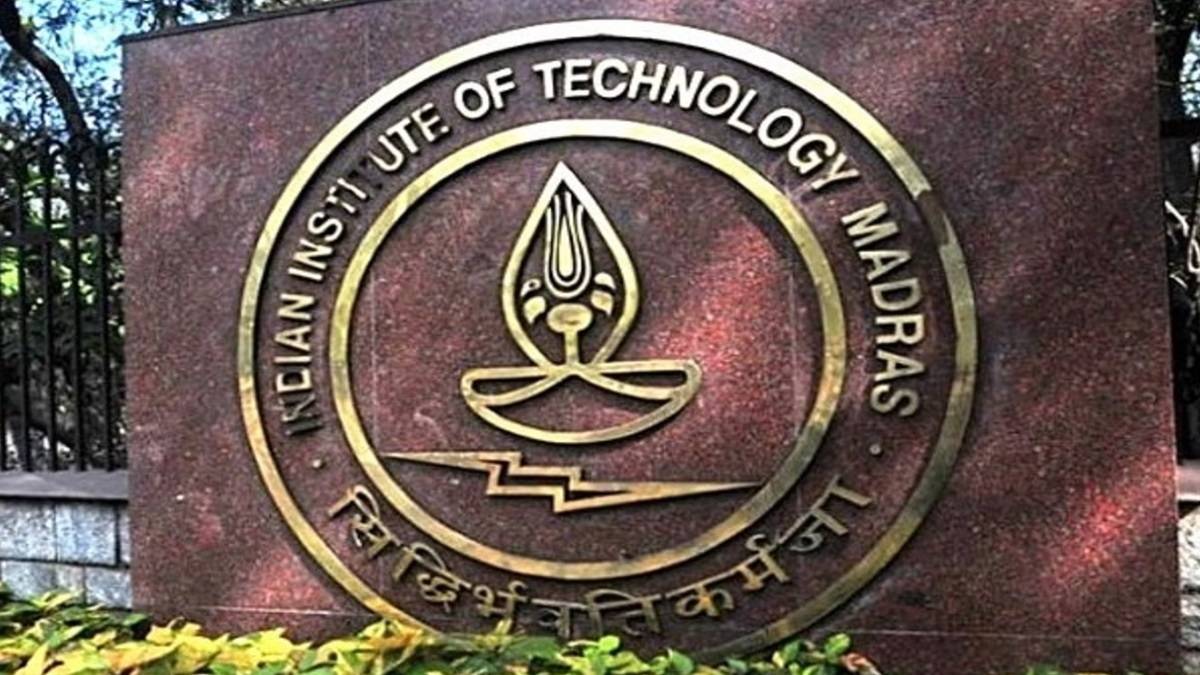India Eyes Malaysia for Next Offshore IIT Campus After UAE, Zanzibar Ventures
Malaysian Prime Minister, Anwar Ibrahim has expressed interest in hosting an IIT campus to enhance Malaysia’s standing as a regional hub for quality education and innovation.
India is exploring possibility of establishing an Indian Institute of Technology (IIT) campus in Malaysia, after successful international expansion in UAE and Zanzibar.
Discussions regarding Malaysia campus were held during recent high level meetings between Indian and Malaysian officials. Proposed institute is expected to cater to students across Southeast Asia and Indian diaspora, strengthening educational and diplomatic ties between two countries. Malaysian Prime Minister Anwar Ibrahim has reportedly expressed interest in hosting an IIT campus to enhance Malaysia’s standing as a regional hub for quality education and innovation.
In 2024 IIT Delhi launched its international campus in Abu Dhabi, UAE, offering undergraduate and postgraduate courses in engineering and technology. Degrees are conferred by IIT Delhi and follow same academic standards as main campus in India.

Earlier, in October 2023 IIT Madras established a campus in Zanzibar, Tanzania, India’s first offshore IIT to become operational. Zanzibar campus offers BS and MTech courses in Data Science & Artificial Intelligence with a student body comprising both Indian and East African students.
It is not confirmed which IIT will lead Malaysia project; however, IIT Madras is seen as a likely candidate, given its experience with Zanzibar campus. Areas under discussion include curriculum localisation, degree recognition under Malaysian frameworks, joint research opportunities, and faculty student mobility.
Read More:
Follow Shiksha.com for latest education news in detail on Exam Results, Dates, Admit Cards, & Schedules, Colleges & Universities news related to Admissions & Courses, Board exams, Scholarships, Careers, Education Events, New education policies & Regulations.
To get in touch with Shiksha news team, please write to us at news@shiksha.com

 Call 8585951111
Call 8585951111
Abhay Anand is an experienced education journalist with over 15 years in print and digital media. Currently serving as Manager- Editorial at Shiksha.com, he specializes in higher education policy, student mobility,
Read Full Bio